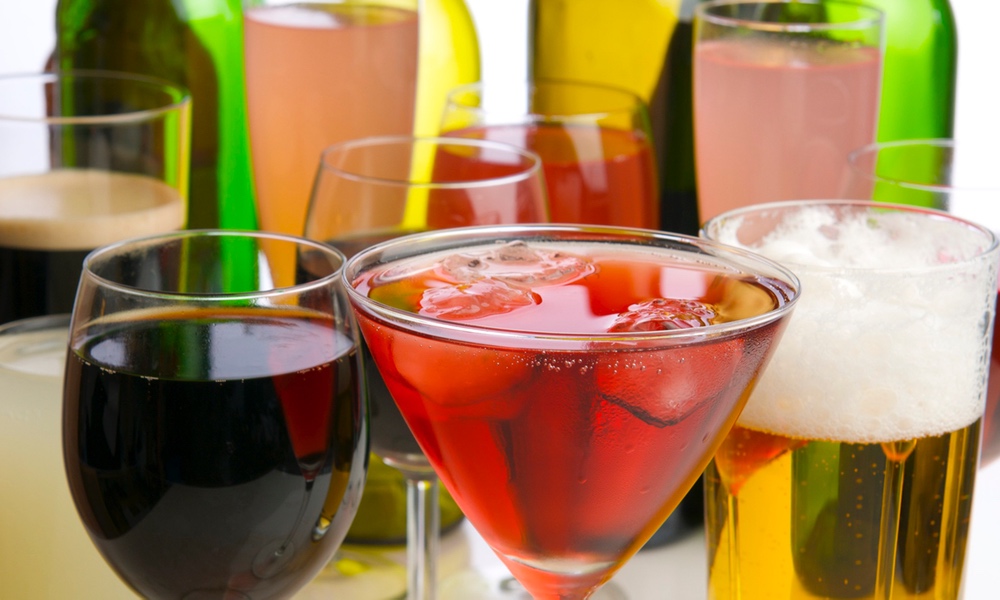Drinking alcohol in moderation has been thought to have certain health benefits, but a large body of evidence also suggests that it is linked to chronic health risks, including cancer. A new study from NYU School of Medicine offers some clues as to why this is — and it starts with the bacteria in our mouths.
The researchers looked at data from over 1000 people, aged 55 to 87, who gave mouthwash samples so that their mouth bacteria could be analyzed. Participants also answered questions about their daily drinking habits. The team divided the participants into three groups: 270 nondrinkers, just over 600 moderate drinkers and 160 heavy drinkers. Then they correlated the major groups of mouth bacteria with each person's level of drinking.
There were some clear differences: People who drank any amount of alcohol, compared to nondrinkers, tended to have less of the bacteria known to be good for health, including Lactobacillales, a group of bacteria found in yogurt and probiotic supplements. They also had higher levels of harmful bacteria, some linked not only to gum disease but to certain cancers and heart disease.Drinking makes it harder to maintain a healthy balance of microbes in the mouth. This could help explain why drinking, like smoking, leads to bacterial changes already tied to cancer and chronic disease.
The mechanisms behind alcohol's effect on microbiota need to be mapped out more fully, but Ahn suggests that it may be that acids in alcohol create an environment that favors the proliferation of some bacteria over others. Or it could be that certain bacteria break down alcohol in such a way that it creates harmful byproducts, including acetaldehydes, which also come from cigarette smoke.
It is not yet clear whether different types of alcohol — beer, wine and hard liquor — have different effects on the mouth microbiome.
In the meantime, the study adds to a growing body of evidence that the less alcohol we consume, the better. Though it’s been linked to benefit, it’s not totally clear at this point whether those benefits outweigh the risks.
The study is published in the journal, Microbiome.





